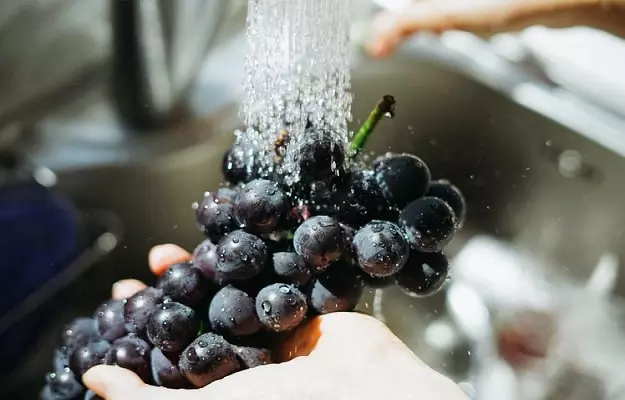The COVID-19 pandemic has spread across most parts of the world as of mid-April 2020. This highly contagious viral infection, caused by the SARS-CoV-2 virus, has infected about two million people globally and claimed more than 100,000 lives. With governments, scientists, healthcare professionals and essential service providers working constantly to contain the spread of this disease, most affected nations have been put under lockdowns.
In India, a nation-wide lockdown was put in place starting 25 March 2020, which has now been extended to 3 May. During this period, people are expected to stay at home, maintain physical distancing, practice respiratory hygiene and wash hands regularly and properly with soap and water. Stepping out is only permitted for one member of each house at a time, and that too just for the purpose of getting essentials.
Following hygiene while stepping out to get essentials is very important, and in most parts of the country, wearing homemade face covers have been made compulsory too. However, once the essentials are brought home, people might be unsure about how to disinfect them. Disinfecting all surfaces regularly has been recommended by the World Health Organization (WHO), the Indian Ministry of Health and Family Welfare (MoHFW) and the Indian Council of Medical Research (ICMR) as well.
However, unlike other surfaces, fresh fruits and vegetables cannot be cleaned with chemical disinfectants like bleach or soap or even alcohol-based sanitizers. Very simply, this is because these chemicals might leave residues on fresh food produce, which can cause ailments that are just as harmful as the COVID-19 infection. So, how should you clean your vegetables and fruits to make sure they don’t carry the SARS-CoV-2 virus? Read on to find out.
























